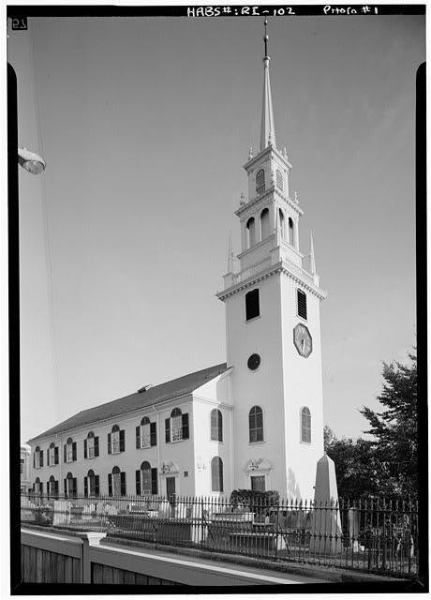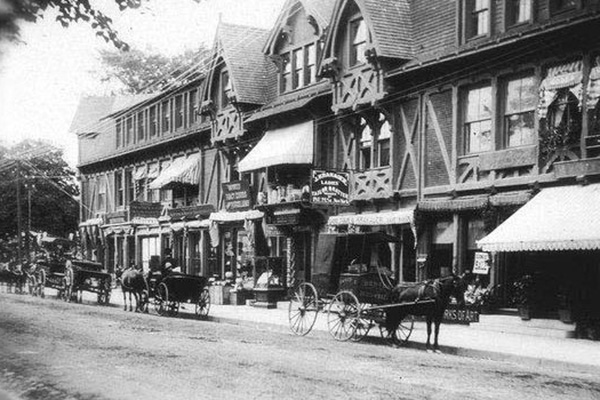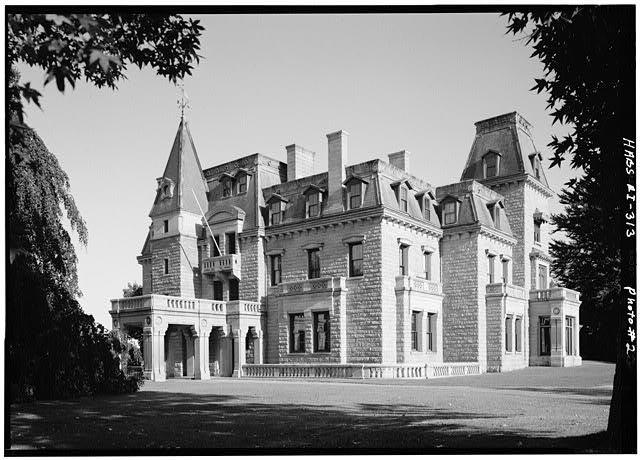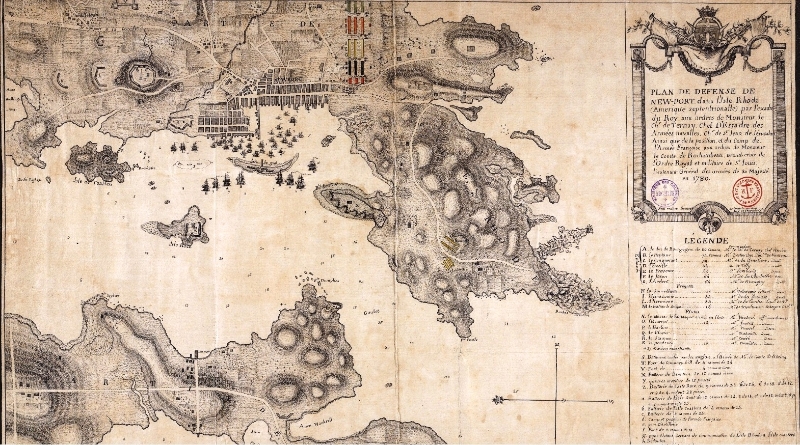
The first English settlers arrived on Aquidneck Island in 1636. Upon arrival the settlers founded their new town on the basis of religious tolerance and diversity and Newport became one of the first secular democracies in the Americas. The founder’s commitment to religious freedom had a profound impact on all aspects of the town’s subsequent history.
Among the religious groups attracted to this haven in a world of threatening intolerance were Quakers and Jews. During the 1760’s, they transformed the town from a small agricultural outpost to one of colonial America’s five leading seaports along with Boston, New York, Philadelphia, and Charleston. The economic growth spurred a building boom that included some of the important landmarks that still survive today.
Newport helped lead the way toward the Revolution and independence. The British occupied Newport from 1776 to 1779, forcing over half of the town’s population to flee. The British remained in Newport despite efforts to drive them out by patriot forces and eventually the British did withdraw. The French, under the leadership of Admiral deTiernay and General Rochambeau, began a sojourn in Newport that lasted until 1783 until they left Newport on their historic march to Yorktown to assist in the decisive victory there.
Newport’s history has always been tied to the sea. During the colonial period the Newport harbor teemed with trading ships and Newport was on its way to becoming a yachting capital. The New York Yacht Club brought the famed America’s cup to Newport in the 1930s where it stayed until lost to the Australians in 1983. The fishing industry is still a vital part of Newport’s economy, as is the United States Navy, which has been in Newport since the 1860s.
In the late 19th and 20th centuries various groups such as the Irish, Greeks, Italians, Portuguese, Filipinos, Cambodians, and Hispanics joined groups such as Jews, African Americans, and Native Americans who had been in Newport for some time, enriching the ethnic diversity of the town. African Americans from Virginia and other areas moved to Newport and joined a thriving community that continues to be a vital part of Newport’s history.



Newport’s history is remarkable in many ways, but perhaps the most unique aspect is the fact that so much of its history is still visible everywhere you look. Be our guest and explore Newport Rhode Island, past and present.

